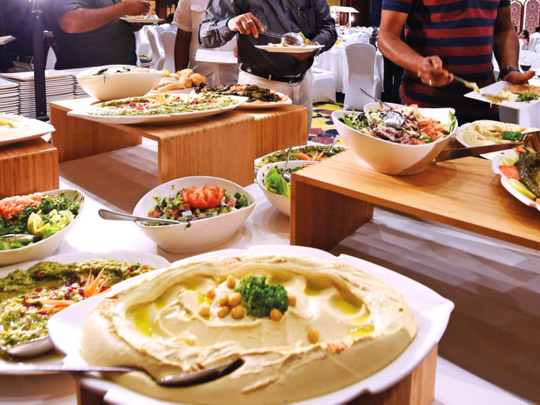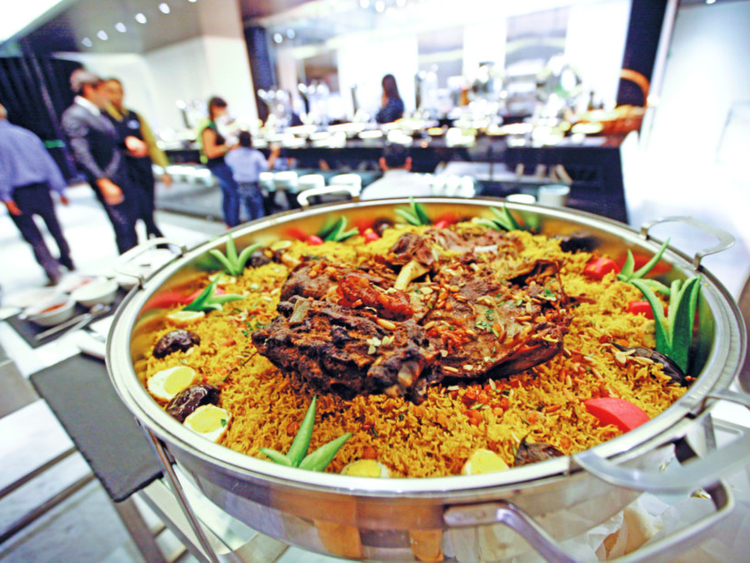
Dubai With just two days to go to Ramadan, the Dubai Carbon Centre of Excellence has called upon residents to minimise food wastage which typically peaks during the holy month every year.
Keen to see a reduction in food waste during this Ramadan, the energy major has urged residents to share their efforts with pictures on social media and tag Dubai Carbon.
Mahdiah Al Jed, a senior official at Dubai Carbon, told XPRESS, “Food waste goes up significantly during Ramadan; in Dubai, 38 per cent of the food prepared every day is wasted, while during Ramadan, it nears 60 per cent.”
She said, “Ramadan is a time when family and friends come together to share meals. Sadly, this period is also associated with a peak in food waste.”
According Al Jed, small changes in behaviour can be adopted by households to help a rethink on food consumption.
Here are a few tips she has provided to enable better management of excess food.
1 Learn how to cook
This may seem obvious, but learning how to cook is the first step in reducing food wastage, as preparing your own meals allows for control over portion sizes. When we order out or eat out, we tend to over-indulge and eat more than what we actually need. Furthermore, taking pleasure in preparing nourishing meals for our family and friends makes us feel fuller.
2 Plan meals ahead
People tend to throw away food because they’ve bought too much or prepared meals that are too large. A first step is therefore to reduce the amount of food: buying only the food needed is another simple way to reduce your food waste. To do so, plan your meals ahead and use shopping lists to avoid impulse buys, all while not succumbing to marketing tricks that lead you to buy more food than you need.
3 Adopt a plant-based diet
The trend shows that during Ramadan, the demand for meat products increases by almost 50 per cent of the normal demand, which in itself is very high.
Another simple tip is to enjoy meat in moderation and consider ways to include plant-based proteins such as legumes, seeds and grains. Adopting a plant-based diet is not only good for our health, but also good for our planet, as livestock as well as waste by-products currently produce more pollution than the transport sector worldwide.
4 Share your meals
Leftovers can be managed in a way that further diminishes waste and sharing leftover food with family, friends, neighbours or the local mosque is also a tradition that helps diminish food waste.
And why not be creative with leftovers and transform them into suhour?
5 Donate unused food to your local food bank
The UAE Food Bank, an initiative of His Highness Shaikh Mohammad Bin Rashid Al Maktoum, Vice-President and Prime Minister of the UAE and Ruler of Dubai, was launched in January. This Ramadan, more than 100 Food Bank fridges will be set up in mosques, residential areas and public places. This is the perfect opportunity to share unused food and not let it go to waste.
6 Compost your leftovers
Once the amount of food has been reduced by preparing our own meals, planning meals ahead, eating less meat, a simple way to manage leftovers: instead of throwing food scrap in the bin, composting food scraps can reduce the negative impacts of landfills, while also recycling nutrients.
Plus, the compost produced can then be used as natural fertiliser to help grow plants in your garden.











